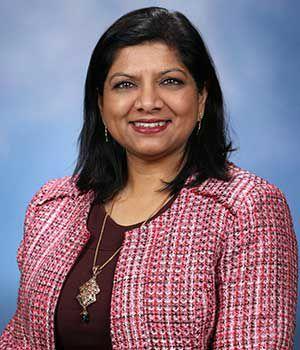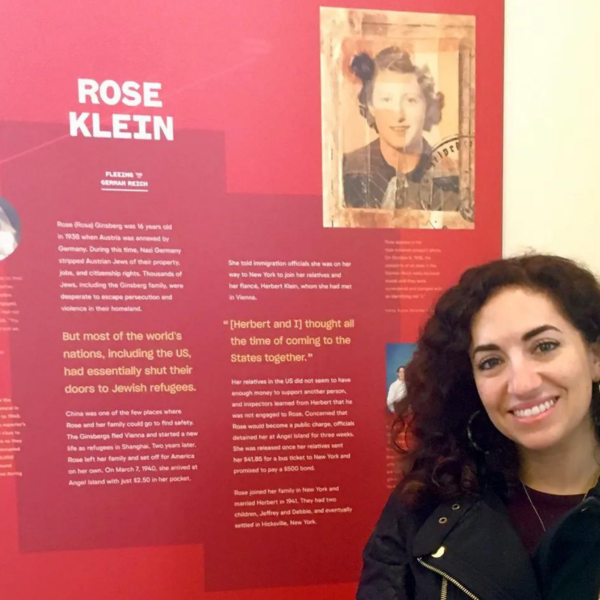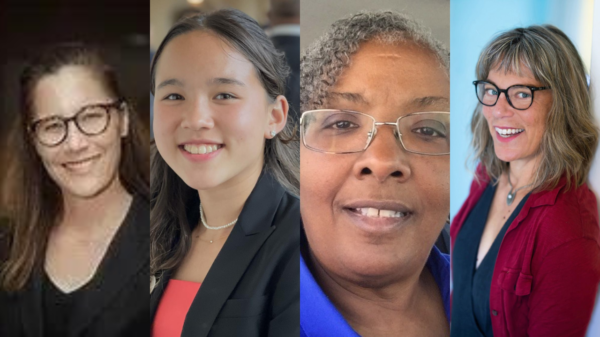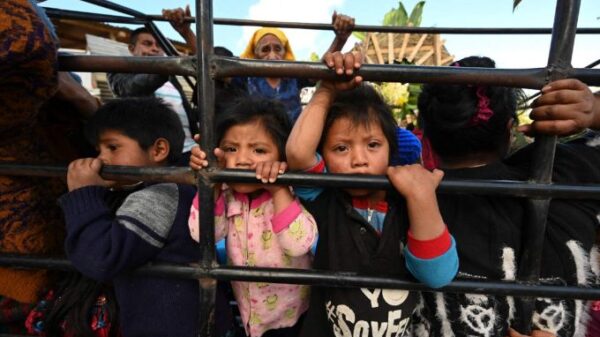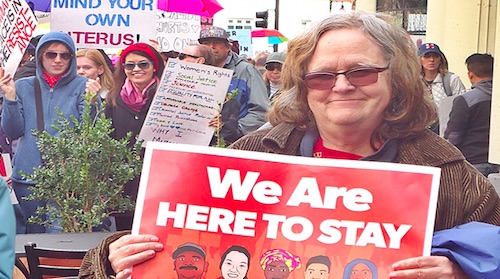Magazine, The Immigrant Experience
With the mid-terms fast approaching, a briefing recently hosted by EMS( Ethnic Media Services) explored threats to the way elections are run in the US — not just who gets to vote, but how and whether the votes get counted. Discussions centered around gerrymandered maps that diminish the power of voters of color, laws that restrict access to the polls, efforts by partisan poll workers to interfere in the election process, among other dangerous trends, and efforts to address them, including two lawsuits by civil rights groups in Alabama and Louisiana being argued before the Supreme Court on Oct. 4.
Evan Milligan, Executive Director, Alabama Forward a coalition of 30+ organizations working to build more voters, especially among young people of color discussed the history of voting rights and its impact on what happens in other states. He shared that the Supreme Court typically hears cases in the Fall, and then releases its decisions in the Spring or early Summer that following year, higher profile decisions are usually held until May/June.
“So for example our case will be heard on Tuesday, October 4. We anticipate that the Court will release the opinion at some point between April and late June. But it could be released as early as Feb. given the profile and potential impact of the case though, a later release is more likely.”
He shed light on the voting rights bill that came out of Alabama, a history that gave rise to the Black Panther and people like John Lewis, and the march to Washington that led to Bloody Sunday. He expressed the challenges of representation and the ability of the people of Alabama to choose their leaders as a result of the redistricting maps and discriminatory practices enacted by their state. A representation that is not sensitive to the needs of the people. he also said that the tune of Civic discourse has been a challenge as well. When we talk about the political discourse that pertains to extreme voices that hear and produce the most extreme candidates that are not representative of the state.
Kira Romero-Craft, Managing Attorney for the Southeast Office, Latino Justice gave an update on the state of affairs in Florida which is challenging the redistricting maps in terms of communities of color and where black districts were cut in half. In light of the outpouring of borders of color strict rules have been put in place which discourages people from voting. assisting voters in long lines, for instance, giving water, a measure taken against 3rd party registration which affects people of color and disabled people is also a deterrent. This means that based on the fact of having disclaimers attached to third-party registration there would be delays in the process and does disenfranchises the community. these issues have been taken to the 11th Circuit Court they are awaiting the outcome. Cases in Florida and Alabama all of the South are important as they affect the rest of the country. We should pay attention because today it may be the Republican party and tomorrow it may be the Democratic Party. A major factor concerns Amendment 4 allowing people with felony convictions. Even though it was passed in 2018 it is now interpreted as voter fraud after the individuals voted. This sends a chilling effect on the community as it is being used as a weapon to disenfranchise people of color thus eroding our democratic process.
Michelle Bishop, Voter Access & Engagement Manager, National Disability Rights Network talked about voters with disabilities explaining that they make up 25% of the entire population. This means that one in four are people with disabilities and 40 million people with disability are therefore eligible to vote. However, the turnout lags behind every election cycle in the community of people with disabilities which could impact any election. It constitutes 6% of lost votes which is a big deal as it represents millions of votes. Studies have shown that people with disabilities actually pay more attention to elections than their able-bodied counterparts. However, lots of barriers impede their ability to vote. some of such examples include: poll watchers insertion as of 2016 has scared many disabled voters because of the often aggressive atmosphere and the disabled become the target. This also affects people with limited English who also feel targeted by these poll watchers.
Concerns coming out of the 2020 elections include the large skepticism of the election outcome which has affected the disabled who worry about the voting system especially since they need help or vote by mail. Relying on an assistant of their choice has been challenged. This limitation of the federal right to an assistant of their choice is a big problem.
Another factor is the pandemic which led to an increase in the closing of poll places. Taking away a polling place makes voting accessibility difficult especially for people with disability. Unfortunately, such actions were taken with no research on the places where people with a disability voted.
Sean Morales-Doyle, Acting Director for the Democracy Program, Brennan Center Justice Shared that most of the challenges and battles over voting rights are not new. However, he said some of the scopes have changed and the 2020 election definitely had an impact on these changes. It is worth noting that a very large percentage of our electorate has bought into election lies. These lies have had a real chilling impact leading to many restrictive laws being put in place. It is not about partisan politics but about race. Statistically, they have found that restrictive legislation is introduced by the whitest of legislators. Thus the state legislation in Florida is based on race and this is the same in other states such as Milwaukee, Michigan, and majority-minority states. The race runs throughout this story on election and voting rights leading up to the insurrection that we saw on January 6th. This is a result of people wanting to root out the unfounded lies. There is a rise of vigilantism going on and election deniers are being recruited which are concerning trends as there are people wanting to destroy our democracy. Ending on a positive note he reminded us that our institutions are strong and even though these election deniers are being recruited to be poll watchers they will have to abide by the laws. Even thorough we should be vigilant, we can rest assured that there are lots of rules in place to protect the system.


